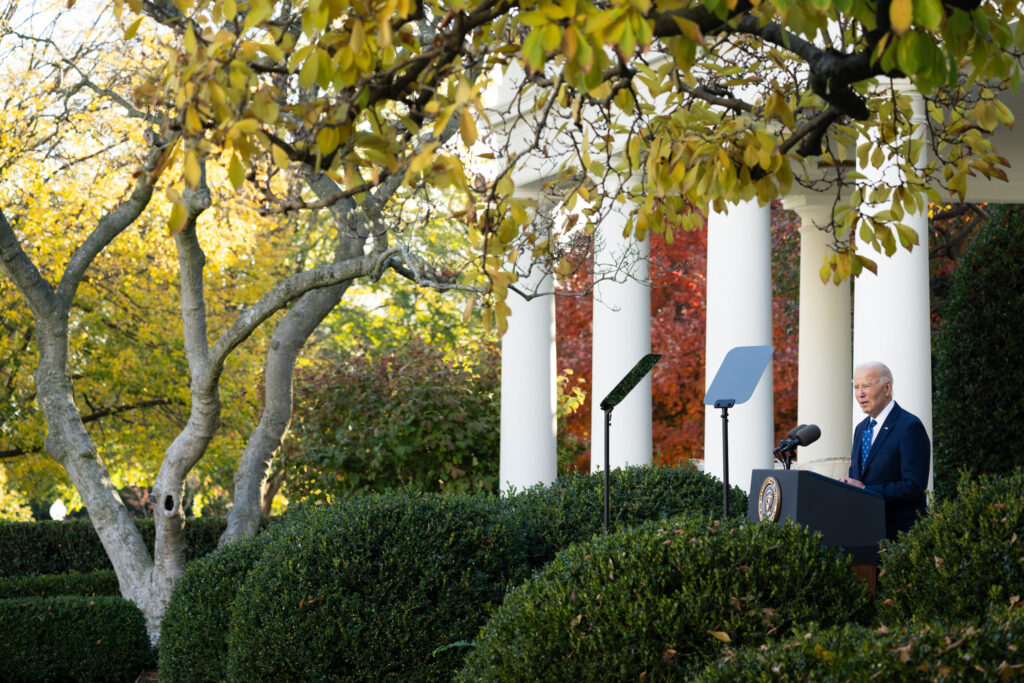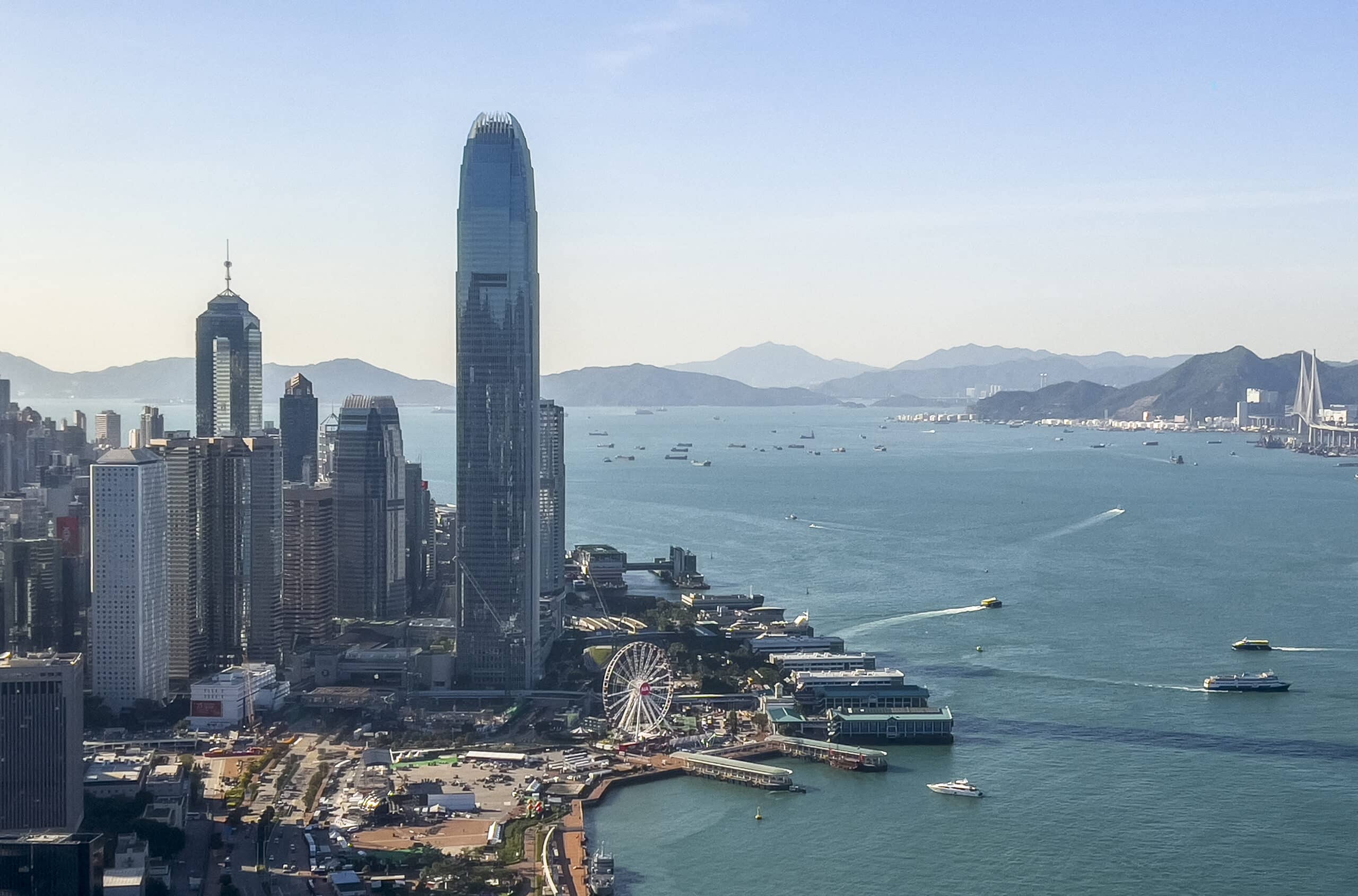
The Sunderland Energy Committee can hardly be blamed for the misinformation in its recent My Turn column opposing nuclear power (“Nuclear power is neither clean nor green,” Recorder, Nov. 4). These myths have been repeated so many times over the decades that they seemingly must be true.
But the facts do not support them. The climate crisis demands fast decarbonization of our energy systems. Currently, Sunderland heats its homes, businesses, and elementary school with heating oil, a dirty fossil fuel that dumps carbon in the atmosphere and pollutes the air.

The best clean alternative is electric heat pumps. The transportation system uses gas and diesel — dirty fossil fuels — and the best clean alternative is electric vehicles. These conversions will mean more, not less, demand for electricity.
But electricity generation in our area comes overwhelmingly from natural gas, another fossil fuel. People in Sunderland are not going to stop heating buildings, driving vehicles, and using electric appliances. But there is a way to do these things without carbon pollution and smog.
Citiesincluding Chicago, Toronto, Paris and Stockholm already use it, and have clean grids with a fraction of the carbon and air pollution found in Sunderland. That solution is nuclear power. Contrary to longstanding accusations, data show the life-cycle carbon pollution from nuclear power to be as low as wind or solar power.
The dreaded “waste,” or spent fuel, has never harmed anyone in nuclear power’s 70-year history. It is tiny in volume, safely contained, and gets less dangerous over time, unlike the “forever” waste from solar, batteries, and other industrial products — mercury, lead, arsenic and other toxic elements. Historically, nuclear power is hundreds of times safer than the fossil fuels it replaces, again on a par with wind and solar.
Commercial nuclear power plants supply 10% of the world’s electricity, 20% in the United States, but have had only one fatal accident — at Chernobyl 40 years ago. Exhaustive studies of the health effects of radiation from Three Mile Island and Fukushima have found zero harm to the public. But coal, oil, and gas kill literally millions by causing cancers, heart disease, emphysema and other horrible diseases.
And climate change will do even worse harm. Historical injustices to Native American uranium miners are real, but connected to the Cold War nuclear weapons complex, not to current nuclear fuel sourcing. Article continues after.
.. Cross|Word Flipart Typeshift SpellTower Really Bad Chess Massachusetts has few clean energy alternatives.
Our solar capacity factor — how much of the installed capacity is realized on average— is below 15%. (Nuclear power’s is over 90%.) Solar can definitely contribute, but storing intermittent solar in grid-scale battery facilities is expensive and dirty; ask the people in Wendell who successfully fought off a big battery project.
Pumped hydro storage of electricity on Northfield Mountain wreaks havoc on the Connecticut River ecosystem. Onshore wind, geothermal, and hydroelectricity all offer poor resources in Massachusetts. We bet heavily on offshore wind, but recent inflation and quality problems threaten to blow up this alternative as well.
That leaves the largest clean energy source in Massachusetts, which is electricity imported from the Millstone and Seabrook nuclear plants. Massachusetts would do well to revive nuclear power and catch up with the strong majority of Americans who support its use. In Congress, nuclear has overwhelming bipartisan support (98-2 in the latest Senate vote).
The Biden administration strongly supports it as a key component of a clean energy transition. Lots of activists, myself included, opposed nuclear power 50 years ago when it was new and scary. But many of us have changed our views as the threat of climate change has proved extremely hard to solve and as we’ve learned more about this energy source that’s a million times more concentrated than fossil fuels, with less mining, less waste, and a smaller footprint.
Sunderland and other Massachusetts towns will continue to need energy. But we can get it much more cleanly. Readers interested in learning more from a pro-nuclear perspective can watch the recent film “Nuclear Now” (which I co-wrote) on YouTube.
Let’s get informed about all sides of this issue, and be open to new thinking, as we envision Massachusetts’s path forward. Joshua S. Goldstein lives in Leverett and co-wrote the book “A Bright Future” about Sweden’s model of decarbonization using nuclear power.
.














